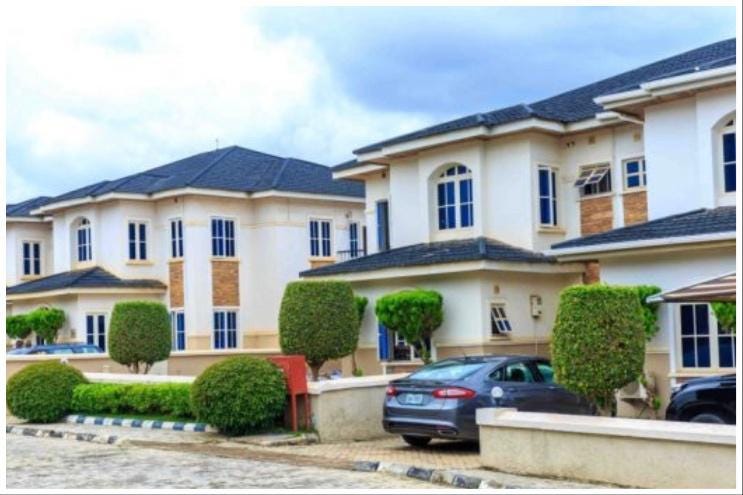Lagos House Hunting Horror Stories: Gender, ethnic biases still persist
This experience was bewildering for her because she never expected her tribe to be a hindrance to finding her dream apartment in Lagos.
One month before her rent was set to expire, Adadichie Ugochukwu, a product manager at a healthcare startup, began her search for a new apartment in the Abule-Egba and Iyana-Ipaja areas of Lagos. She was shocked after her first house inspection with an agent when the landlord's solicitor rejected her because …




